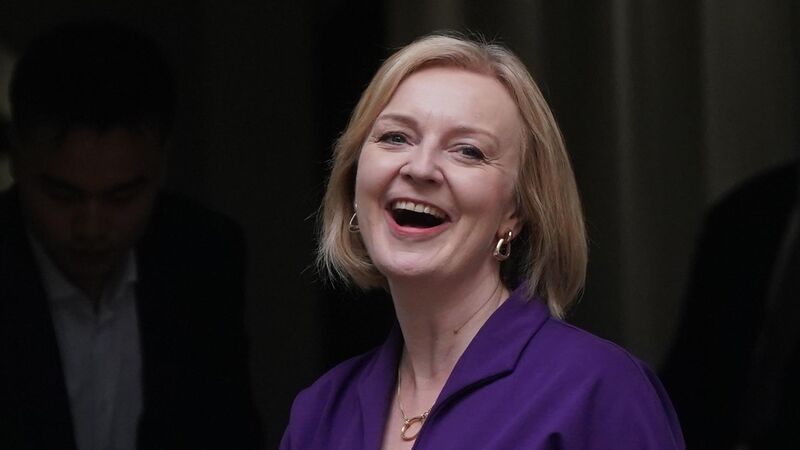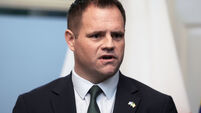Paul Hosford: What will Liz Truss' leadership mean for Ireland?

Liz Truss arriving at the Conservative Campaign Headquarters in London, following the announcement that she is the new Conservative party leader, and will become the next Prime Minister. Picture: Victoria Jones/PA Wire
A new leader in the UK and, once again, we are forced to ask what it means both on and for this island?
That we are asking this about a fourth British leader since the Brexit vote in 2016 is a marker of the political instability which has dogged Westminster since the vote to leave the European Union.
















